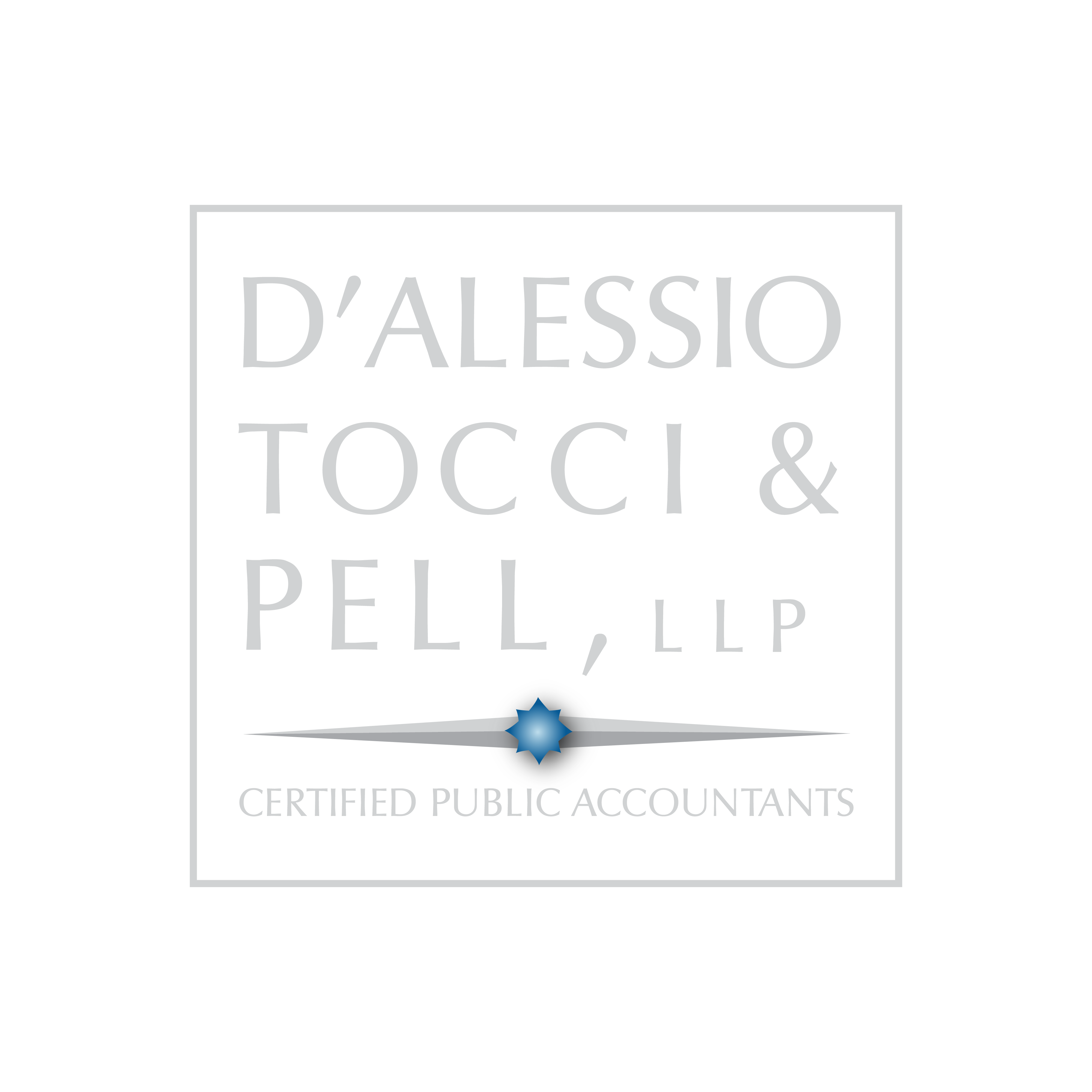As the manufacturing industry continues to evolve, the role of accountants must adapt in tandem. However, many educational institutions have not sufficiently updated their curriculums, and traditional accounting education remains centered on auditing, taxes, and basic accounting skills. While these abilities are crucial, they do not adequately prepare accountants for the modern business environment.
D’Alessio, Tocci & Pell, a tax and accounting firm, has identified the accounting skill gap as a competency crisis affecting manufacturers in several ways. Financial management integration with other departments is critical for manufacturing companies, and accountants solely focused on bookkeeping and reporting may not offer insights on past successes or future recommendations.
By partnering with accounting firms experienced in the manufacturing industry, such as D’Alessio, Tocci & Pell, manufacturers can bridge the accounting skill gap and achieve their goals. These firms help manufacturers enhance financial management integration with other departments and offer guidance on optimizing operations. As a result, manufacturing companies can streamline their accounting processes, boost profits, and improve their bottom line.
Manufacturing businesses face numerous challenges, including shifting geopolitical landscapes, disruptive technologies, skill shortages, high profit margins, and increasing labor costs. CFOs and finance directors are expected to spearhead FinTech initiatives, navigate complex regulations, ensure compliance, and assist in developing strategies for business growth. However, the sheer volume of daily tasks such as inventory accounting, bookkeeping, payables, receivables, and payroll often overwhelms finance leaders. The difficulty of finding and retaining skilled accounting staff exacerbates the issue, preventing finance leaders from implementing new technology or outsourcing to streamline and reduce administrative costs.
Accounting firms like D’Alessio, Tocci & Pell can alleviate these challenges by providing assistance with day-to-day tasks, allowing finance leaders to concentrate on driving FinTech initiatives, managing complex regulations, maintaining compliance, and devising strategies for business growth. Moreover, these firms can offer information on Research & Development (R&D) credits, which can provide significant tax savings for businesses within the manufacturing and distribution industry.
D’Alessio, Tocci & Pell’s report highlights several key ways that finance and accounting departments can add value to a manufacturing business:
- Reducing accounting overheads: Rapidly growing manufacturing companies often outgrow their existing software and face skill shortages. By addressing these issues and building a highly efficient department, manufacturing companies can achieve up to a 50% reduction in accounting costs.
- Improving revenue recognition: Automation and process standardization can lead to strategic cost reductions, insightful data, and tax savings.
- Saving through supplier rebates: Implementing a paperless solution allows accounting departments to make timely payments to suppliers, saving significant amounts in the form of supplier rebates.
- Enhancing business relationships: Paying on time smoothens relationships, and an efficient accounting department helps eliminate issues arising from delayed or incorrect payments.
- Implementing smarter inventory management: Combining strong supplier relationships with a specialist accounting team and improved reporting enables manufacturing firms to reduce overall inventory investment and significantly improve cash flow by lowering on-hand inventory through techniques like drop shipping and encouraging suppliers to own on-site inventory.
In conclusion, partnering with accounting firms experienced in the manufacturing industry, such as D’Alessio, Tocci & Pell, empowers manufacturers to overcome the accounting skill gap and achieve their goals. These firms provide essential expertise and support, guiding businesses to new heights of success.



Stay In Touch